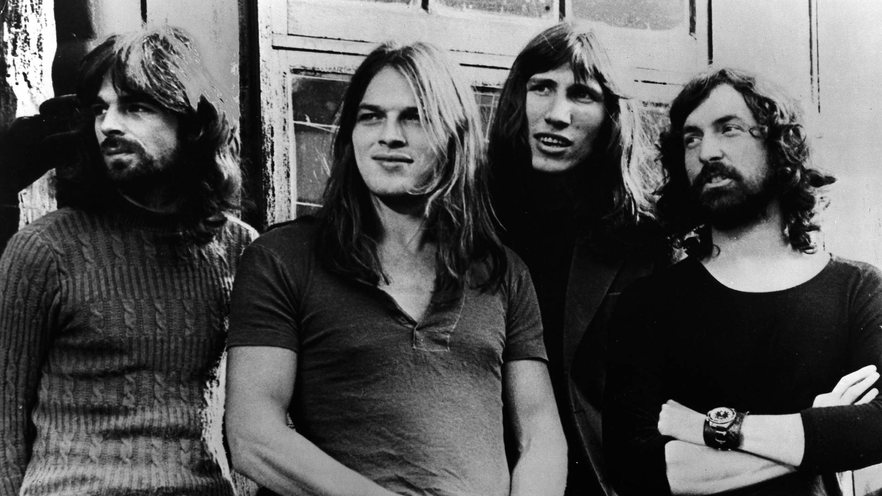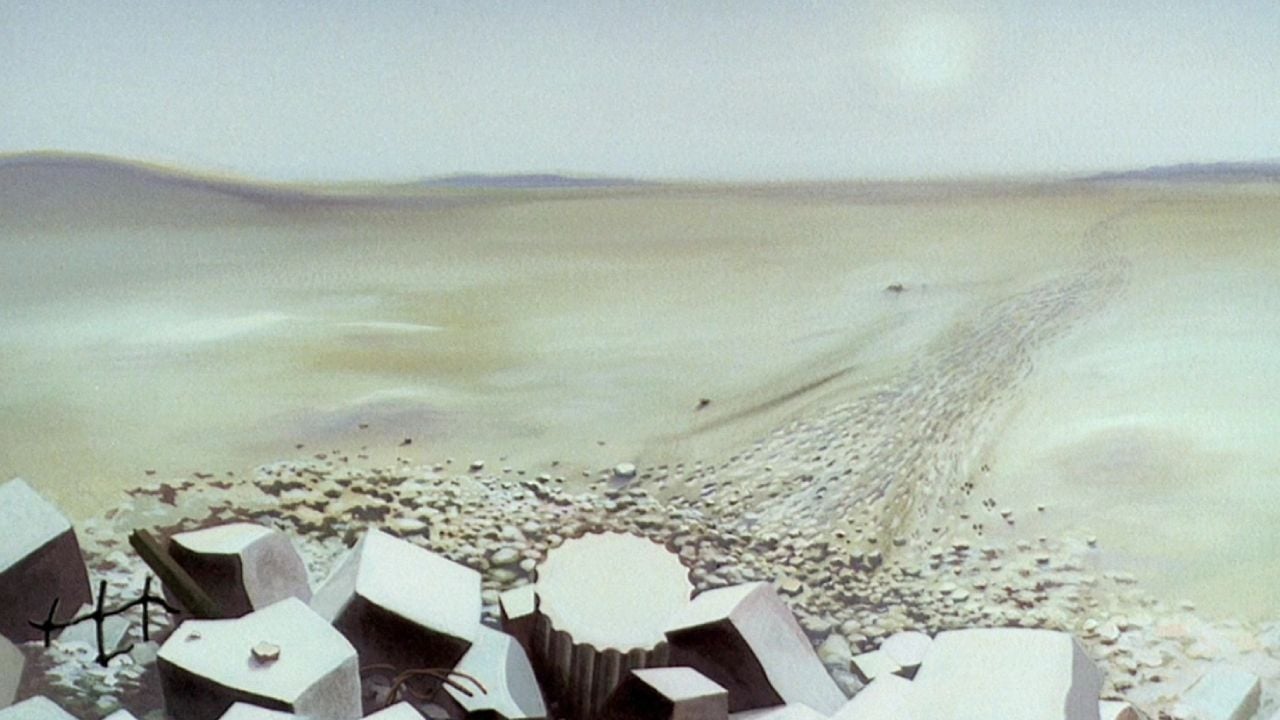Anthem of the album The Wall reached the top of the local charts in 1980, but shortly thereafter was censored by the current apartheid regime in the country
45 years ago, one of the greatest successes of Pink Floyd It reached the top of the charts in South Africa. Popular acclaim, however, did not prevent music from being banned in the country shortly after.
In May 1980, the South African government decided to censor and prohibit the execution of “Another Brick in the Wall (Part II)”. Music was one of the flagship of The Wallalbum released by the British band the previous year.
The claim of state agents was that music incited violent student protests – and some of them had come out of control.
In fact, South Africa lived a period of uprising against apartheid. The regime promoted institutionalized segregation between whites and blacks, from school to community environments in community.
Boycotes in schools intended for the black population were gaining strength. However, this did not necessarily occur by the music, which was only elected as a scapegoat, especially for its lyrics, which brought excerpts as “We Don’t Need in Education” (“We don’t need education”in Portuguese).

What does Roger Waters say
Author of the song, Roger Waters remembered the episode to the British newspaper The Guardian (via Ultimate Classic Rock):
“That apartheid government imposed a cultural blockade, as it were, to certain songs – including mine.”
Pink Floyd’s bassist and vocalist, however, denies that the song had some explicit message directed at apartheid in the South Affection and disarrange: hysteria:
“People were really angry about it. They thought that when I said ‘we don’t need education’, it was a rude and revolutionary point of view – which, if you hear in context, is clearly not. On the other hand, it generated strange and unexpected reactions. Canterbury Archbishop He publicly stated that if he is very popular among students, he should somehow express some feelings they themselves have. If someone doesn’t like it, that is, as they feel about it, they should take the opportunity to use it as a starting point for a discussion-which is exactly what I felt. “
The end of apartheid
The apartheid regime in South Africa, created in 1948, remained in force until 1994, when it was revoked. With that came the end of censorship the “Another Brick in the Wall” after a ban of almost 15 years.
+++ Read more: Pink Floyd’s hit that David Gilmour refuses to play and even disagree with the lyrics
+++ Read more: The little remembered guitarist David Gilmour loves: “I always loved it”
+++ Read more: Pink Floyd’s worst time, according to David Gilmour
+++ Follow Rolling Stone Brasil @rollingstonebrasil on Instagram
+++ Follow journalist Igor Miranda @igormirandasite on Instagram
Source: Rollingstone
Earl Johnson is a music writer at Gossipify, known for his in-depth analysis and unique perspective on the industry. A graduate of USC with a degree in Music, he brings years of experience and passion to his writing. He covers the latest releases and trends, always on the lookout for the next big thing in music.








